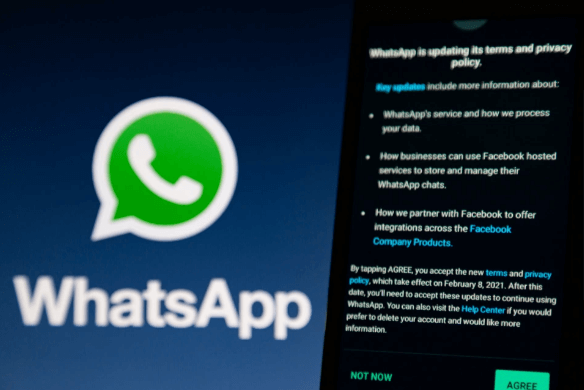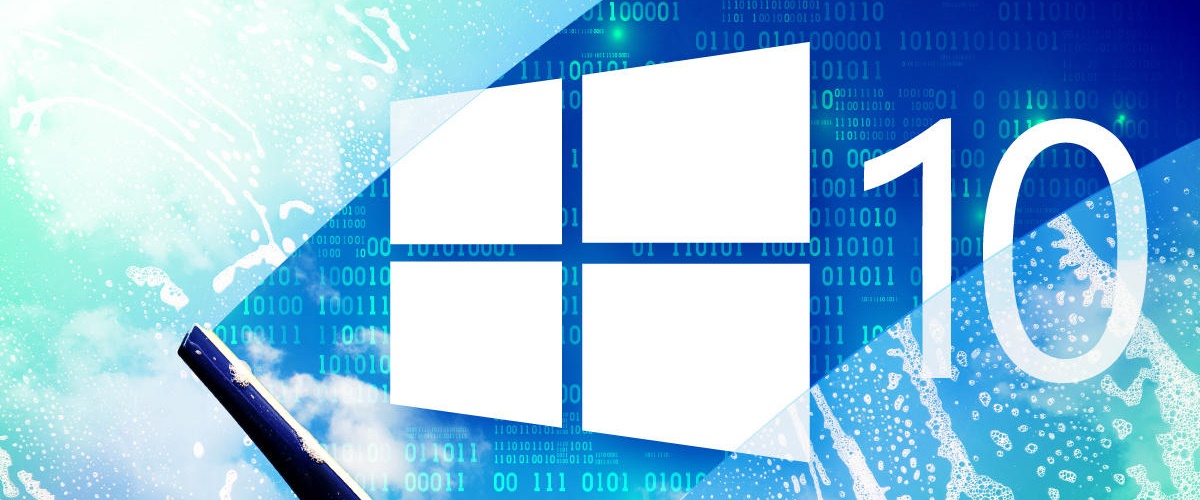WhatsApp and its new draconian lack-of-privacy policies
Facebook reportedly aims to monetise WhatsApp by allowing businesses to contact their clients via the platform, even sell them products directly using the service.
You may have noticed a highly controversial development by the popular messenger WhatsApp concerning new Privacy Terms, which users are requested to agree to or walk – Their way or the highway. We first got wind of these new terms in October 2020, through reliable sources in Mountain View. We have since gathered that under these new terms WhatsApp will capture your other contact details, logs of how long and how often you use WhatsApp, information about how you interact with other users, websites you frequently visit, businesses you frequently communicate with (through WhatsApp for Business).
The main reason behind this move is that WhatsApp, through parent company Facebook Inc. wants to increase its revenue through advertising. Facebook reportedly aims to monetise WhatsApp by allowing businesses to contact their clients via the platform, even sell them products directly using the service. They will be sharing your information with businesses – specific to your interest – businesses will in turn share adverts or products – again specific to your interest and these businesses will pay Facebook a fee. Easy money at the expense of your privacy. Truth is, this was actually the main reason behind Facebook’s decision to acquire WhatsApp back in February 2014 at a reported figure of $16 billion ($4 billion in cash and $12 billion remaining in Facebook shares). In a perfect world Facebook should be extending a portion of income generated under this new development to users who agree to these terms, and they did put that into consideration albeit briefly.
Contrary to what has been thrown around, WhatsApp will NOT read your chats, and they have continued to categorically deny this misconception. Not agreeing to these new terms will mark the end of you and WhatsApp from 8th February 2021. While the platform will not be deleted from your device, you will not be able to use it until you agree to these terms. Previous chats and associated files will NOT be deleted from your device as their hope is that you eventually succumb to these new terms.
Alternative Messenger Platforms
While most people have opted for Telegram, we recommend Signal. Following this announcement by WhatsApp last Wednesday, Signal garnered 2 million downloads in 24 hours. Signal is similar to WhatsApp, it does everything WhatsApp does and is more secure. WhatsApp actually uses Signal’s encryption technology. Encryption is a form of security which means if you sent the message “How are you?”, it is transmitted over the network as “jfadc rydfx hyshs?”, at the receiving end it is decrypted back to “How are you?”.
Signal is an open-source platform, meaning it is free. The only feature you will not find on Signal that is popular with WhatsApp is the ability to post a “Status”, which is not important to some users.
Author
Kevin Maika, Managing Consultant, i-Centric
Email: kevin.maika@icentric.co.bw


